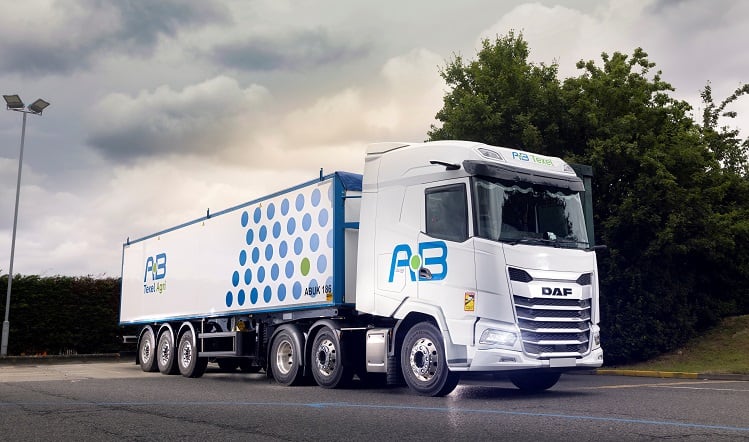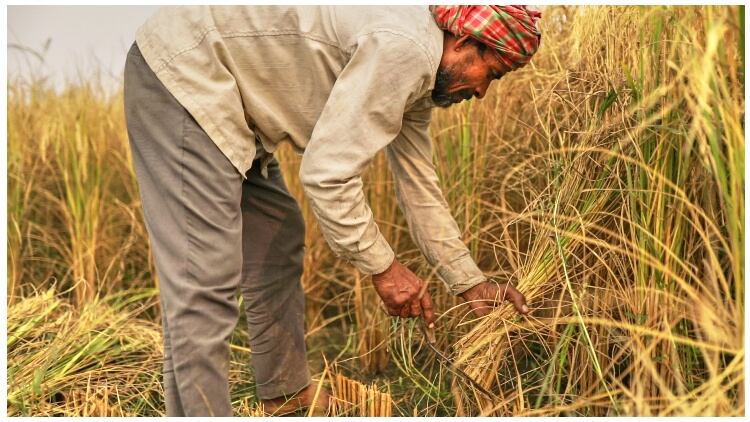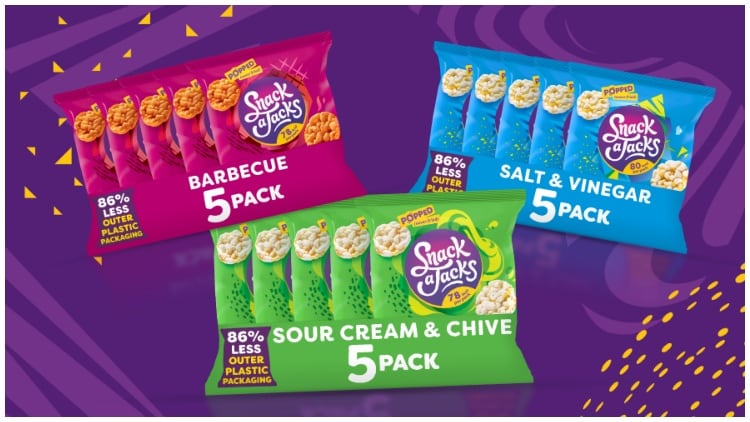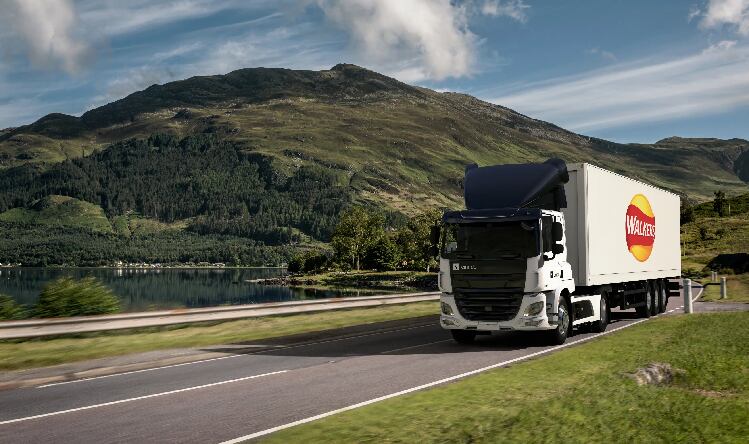About 800,000 litres of hydrotreated vegetable oil (HVO) will be used to replace diesel across 2.6 million kilometres of truck journeys. Now, the transport of 240,000 tonnes potatoes each year will be entirely powered by used cooking oil – in partnership with AB Texel UK.
PepsiCo’s doubling down on HVO fuel followed its introduction in 2022 for more than one and half million kilometres of truck journeys moving products between the Quaker Oats mill in Cupar and its Leicester distribution centre.
Scaling HVO fuel roll-out
The manufacturer will continue to scale sustainable HVO fuel across its business, with plans to expand its use to its transport operations in Scotland later this year – and expansion it expected to reduce GHG emissions by a further 5,000 tonnes annually.
By the end of 2023, PepsiCo expects to use HVO to power up to nine million kilometres of journeys across the UK.
Commenting on the switch to use vegetable oil to fuel its transport fleet, PepsiCo UK & Ireland sustainability director Simon Devaney said: “We’re always looking for innovative ways to tackle our carbon footprint and the move to HVO for all our potato deliveries to Leicester, the home of Walkers, is a significant step. HVO fuel plays an important role in helping us to accelerate the decarbonisation of our transport activities.”
Lower-emissions logistics initiatives
The switch to used cooking oil to power its fleet followed several lower-emissions logistics initiatives announced by PepsiCo recently.
This week saw the snack maker deploy two new electric trucks to transport products between PepsiCo’s factories in Leicester and Coventry, as well as electric yard vehicles to transport pallets around the Leicester site.
Last month also saw PepsiCo announce a £58m investment in its Leicester production site to create a new snacks manufacturing line and upgrade existing facilities. The investment delivers several sustainable innovations, including switching gas fired ovens to electric ones, helping cut 1,000 tonnes of GHG emissions annually.
Meanwhile, Bethan Grylls and Gwen Ridler tackle the topic of sustainable production in the latest episode of the Food Manufacture Podcast.





